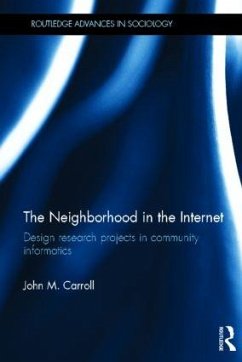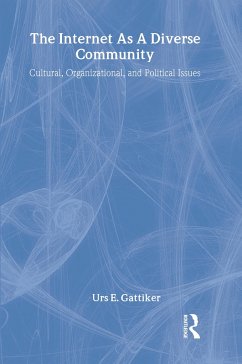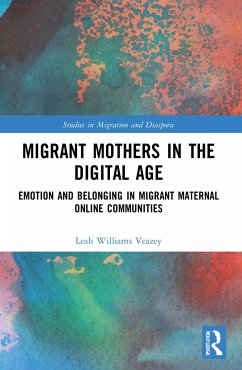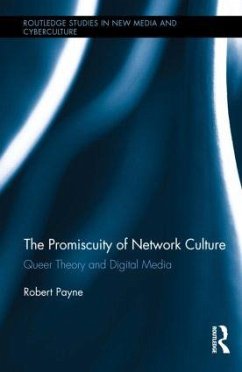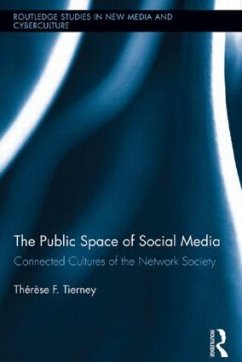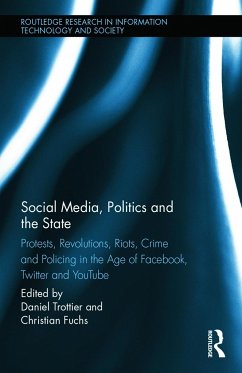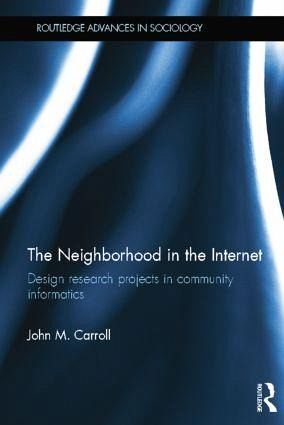
The Neighborhood in the Internet
Design Research Projects in Community Informatics
Versandkostenfrei!
Versandfertig in 1-2 Wochen
68,99 €
inkl. MwSt.
Weitere Ausgaben:

PAYBACK Punkte
34 °P sammeln!
Today, "community" seems to be everywhere. At home, at work, and online, the vague but comforting idea of the community pervades every area of life. But have we lost the ability truly to understand what it means? The Neighborhood in the Internet investigates social and civic effects of community networks on local community, and how community network designs are appropriated and extended by community members. Carroll uses his conceptual model of "community" to re-examine the Blacksburg Electronic Village - the first Web-based community network - applying it to attempts to sustain and enrich con...
Today, "community" seems to be everywhere. At home, at work, and online, the vague but comforting idea of the community pervades every area of life. But have we lost the ability truly to understand what it means? The Neighborhood in the Internet investigates social and civic effects of community networks on local community, and how community network designs are appropriated and extended by community members. Carroll uses his conceptual model of "community" to re-examine the Blacksburg Electronic Village - the first Web-based community network - applying it to attempts to sustain and enrich contemporary communities through information technology. The book provides an analysis of the role of community in contemporary paradigms for work and other activity mediated by the Internet. It brings to the fore a series of design experiments investigating new approaches to community networking and addresses the future trajectory and importance of community networks. This book will be of interest to students of sociology, community psychology, human-computer interaction, information science, and computer-supported collaborative work.





